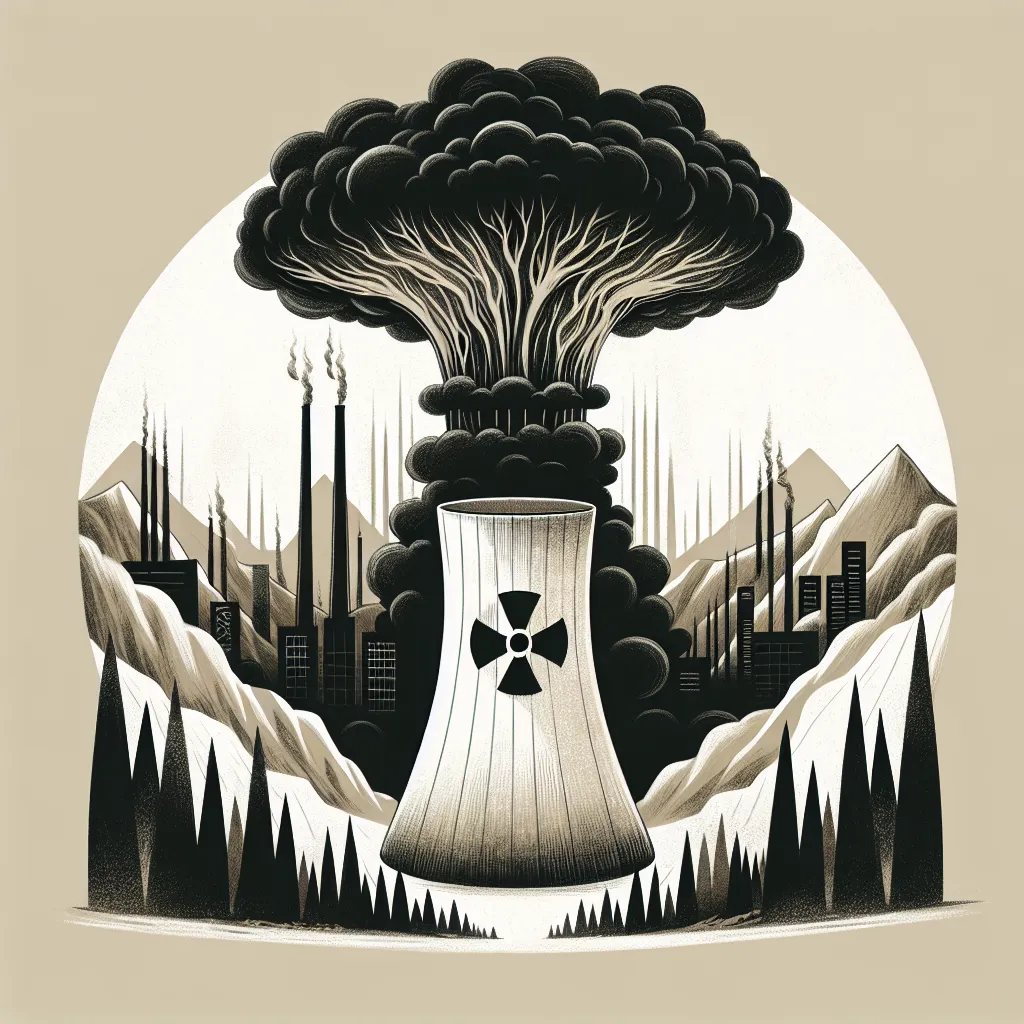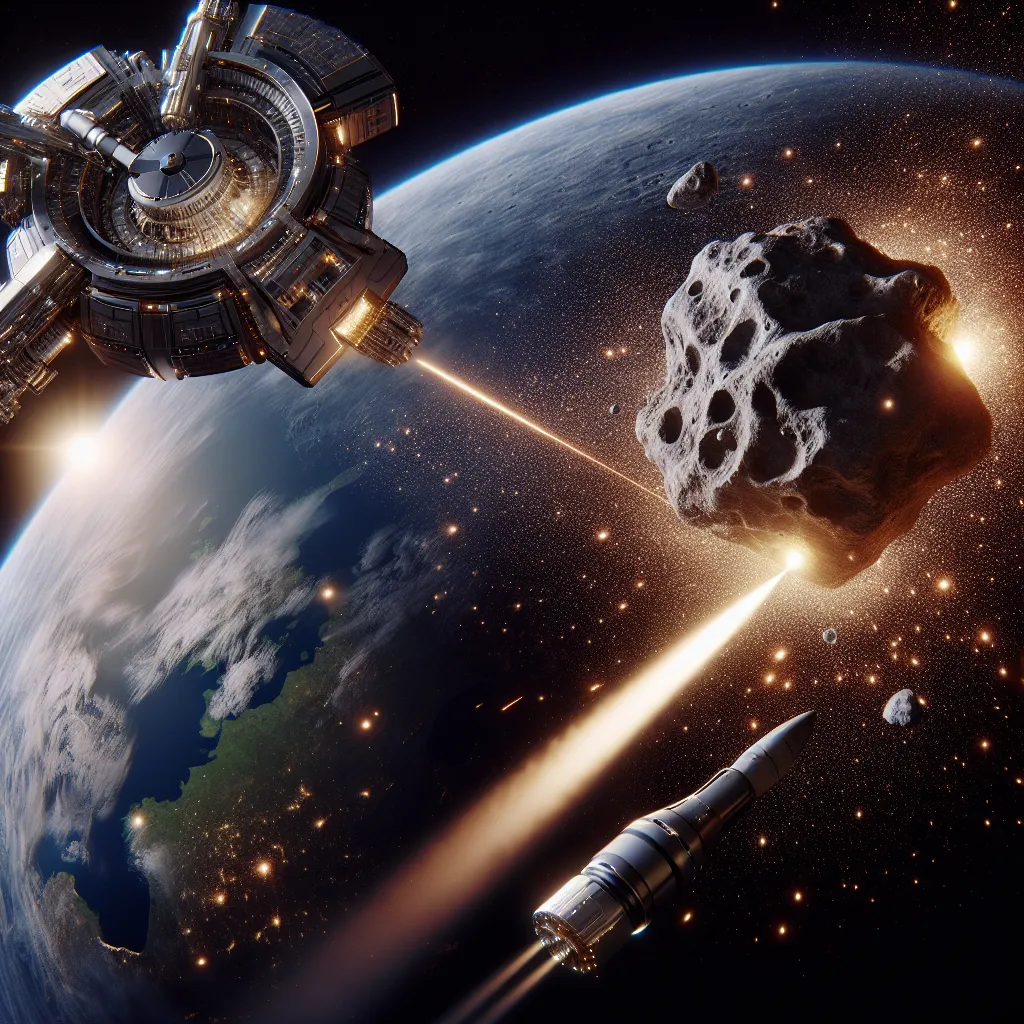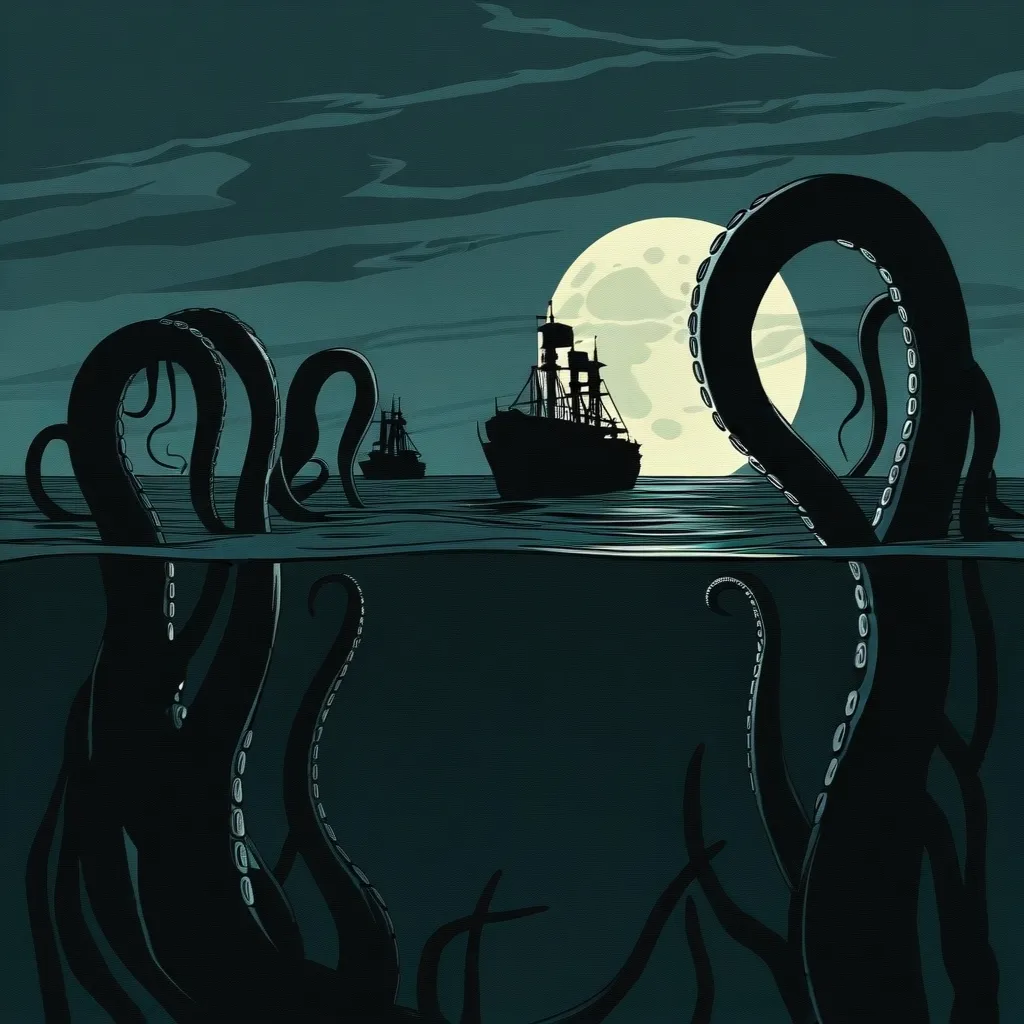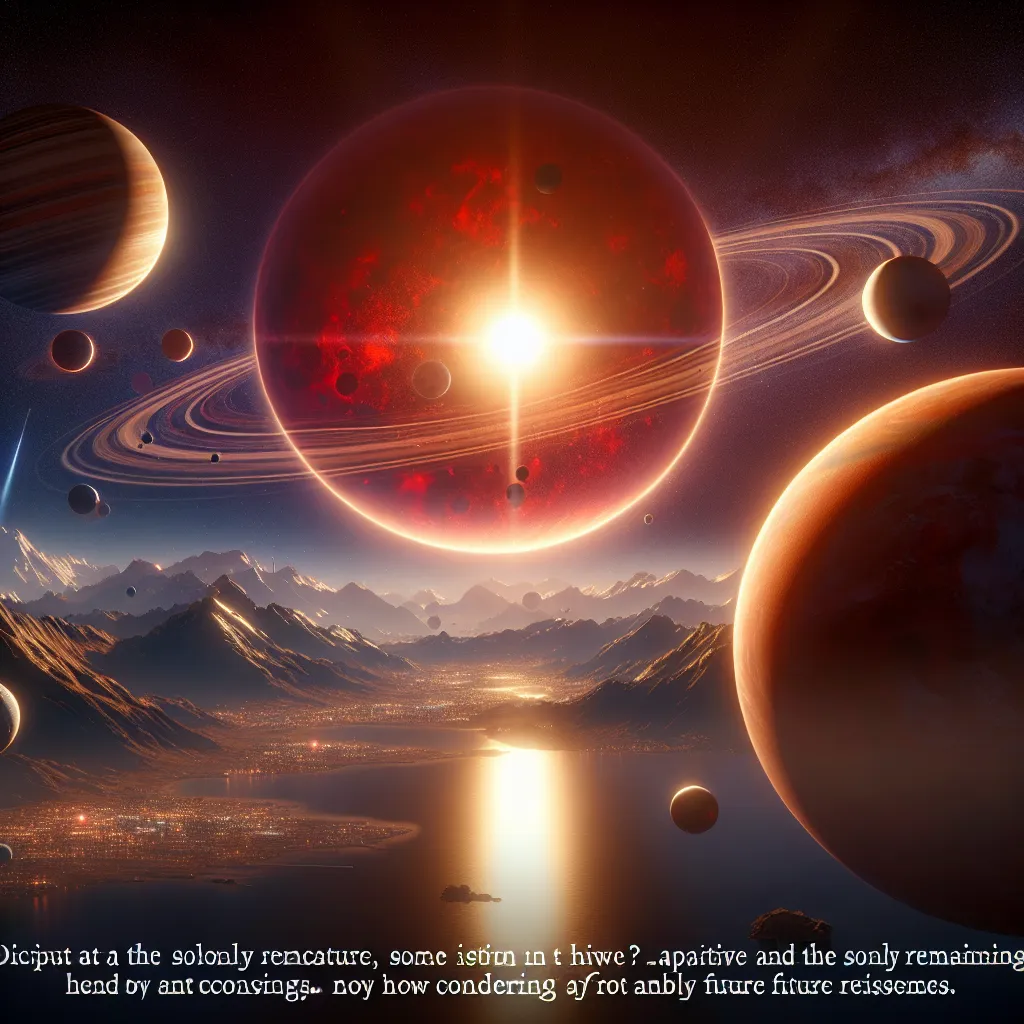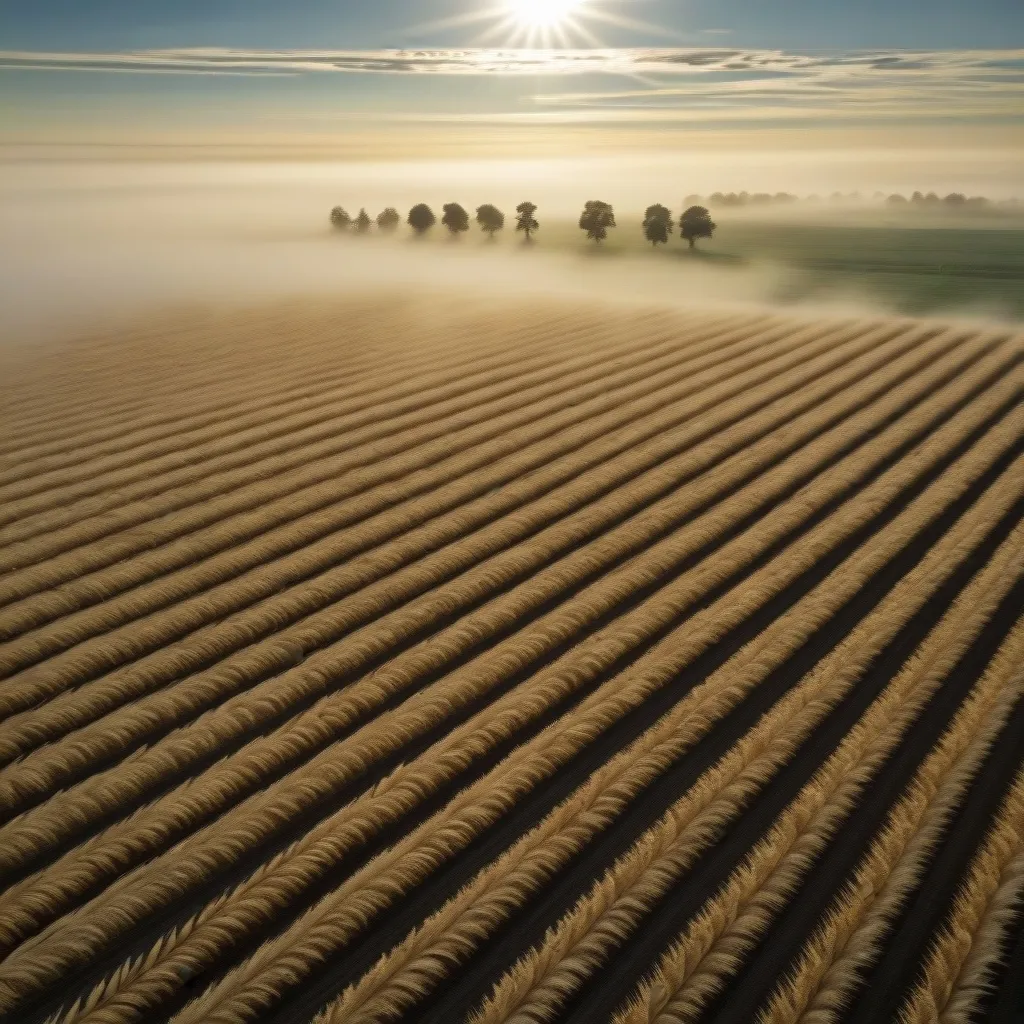Nuclear energy often brings a sense of unease to people. The idea of concentrating ancient, dangerous materials to awaken seemingly unnatural powers that create terribly toxic elements can be frightening. If these toxic elements escape, they can wreak havoc.
Nuclear energy has been around since 1951, and since then, there have been about 30 reported accidents globally. Most were minor, but the ones everyone knows are Fukushima and Chernobyl. Chernobyl is the worst due to outdated reactor technology and slow, image-focused governmental response. Only 31 people died directly from the accident, but the long-term death toll from released radiation remains debated. Estimates range from up to 60,000 premature deaths by 2065 to a much lower figure of 4,000.
Fukushima, in 2011, had much better technology and a swift response. The current death toll stands at 573, none from radiation but from the stress of evacuating elderly populations. Estimates for radiation-related long-term deaths range from none at all to about 1,000.
Renewable energy like solar, wind, and geothermal also have construction and maintenance risks but represent a minor share of global energy. Hydropower is a major player and has seen the most fatalities due to accidents, with the 1975 Banqiao hydroelectric dam failure in China causing between 85,000 to 240,000 deaths.
But even these numbers pale compared to the real killer: fossil fuels. Burning fossils fuels releases harmful gases like ozone and sulfur dioxide. More dangerous is fine particle pollution that causes deadly diseases like lung cancer. Fossil fuel-related air pollution kills around 4 million people annually and is estimated to have killed about 100 million people over the past 50 years.
Once you compare deaths per unit of energy produced, fossil fuels cause significantly more deaths than nuclear or renewables. Coal causes 25 deaths, oil 18, and natural gas 3 per terawatt-hour. Renewables cause one death every few decades, and nuclear, in the worst-case scenario, would cause one death every 14 years. One study even suggests nuclear energy saved 2 million lives between 1971 and 2009 by reducing reliance on fossil fuels.
Despite these numbers, nuclear energy faces opposition due to concerns about nuclear waste. Critics argue the lack of long-term storage solutions presents serious risks. Proponents, however, see it as a safer option compared to the devastating impacts of fossil fuels.
It’s alarming that countries like Germany and Japan are replacing nuclear energy with coal to appease public fears, leading to more deaths from air pollution. After Germany started phasing out nuclear power, around 1,100 avoidable deaths per year were attributed to increased air pollution from 2010.
In the end, while nuclear energy feels scarier than it is, the real focus should be on cutting down fossil fuel use to save millions of lives annually and mitigate climate change. No matter where you stand on energy sources, reducing deaths and improving global health is a goal we can all support.
